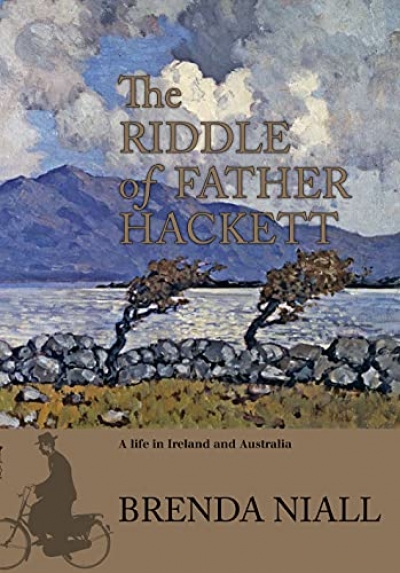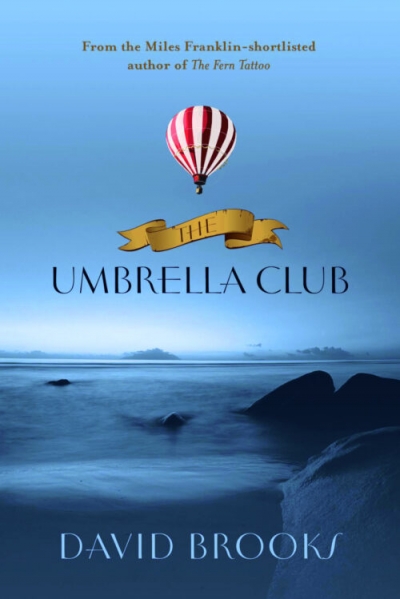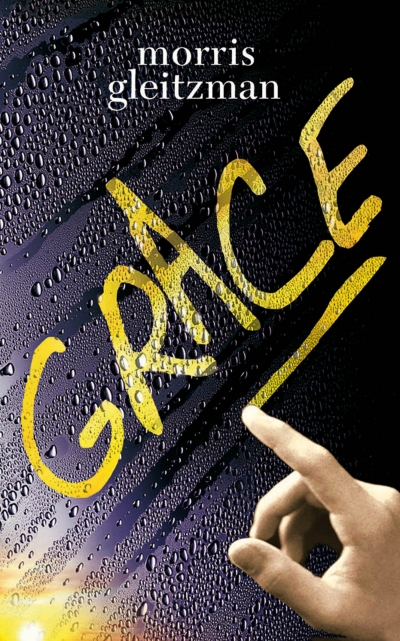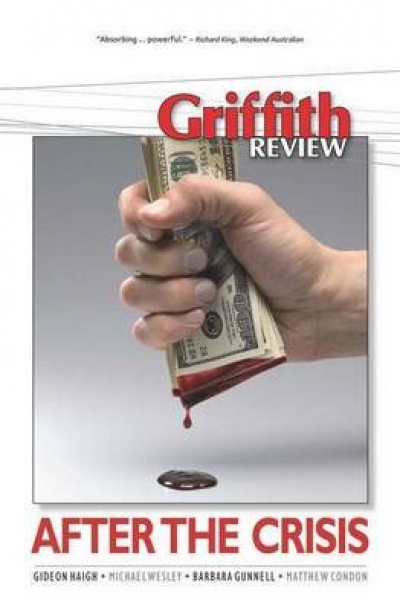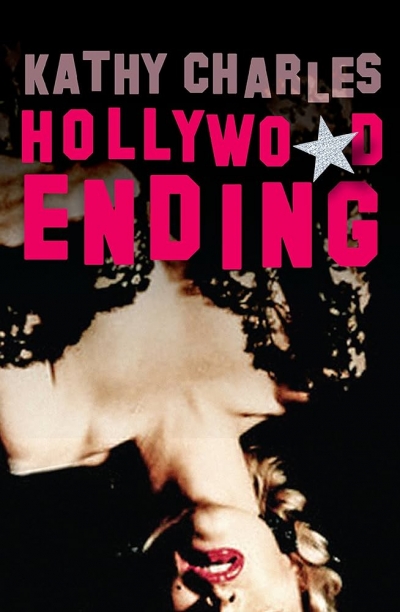Accessibility Tools
- Content scaling 100%
- Font size 100%
- Line height 100%
- Letter spacing 100%
Archive
The ABR Podcast
Released every Thursday, the ABR podcast features our finest reviews, poetry, fiction, interviews, and commentary.
Subscribe via iTunes, Stitcher, Google, or Spotify, or search for ‘The ABR Podcast’ on your favourite podcast app.
‘Where is Nancy?’ Paradoxes in the pursuit of freedom
by Marilyn Lake
This week on The ABR Podcast, Marilyn Lake reviews The Art of Power: My story as America’s first woman Speaker of the House by Nancy Pelosi. The Art of Power, explains Lake, tells how Pelosi, ‘a mother of five and a housewife from California’, became the first woman Speaker of the United States House of Representatives. Marilyn Lake is a Professorial Fellow at the University of Melbourne. Listen to Marilyn Lake’s ‘Where is Nancy?’ Paradoxes in the pursuit of freedom’, published in the November issue of ABR.
Recent episodes:
The Riddle of Father Hackett: A life in Ireland and Australia by Brenda Niall
The Choir of the Just
Peter Craven’s review of the Macquarie PEN Anthology of Australian Literature has generated much comment, some of it favourable, some not. Much of the latter was concentrated on the Internet, with the kind of reflexive, personality-driven, bien-pensant umbrage that often passes for literary discourse in the blogosphere. James Joyce’s phrase ‘the choir of the just’ springs to mind. What comes through is a shrill note of intolerance, the implication that because certain people disagree with other people’s views, the latter should not be aired. So much for liberal values.
... (read more)Griffith Review 25: After the crisis edited by Julianne Schultz
Dear Editor,
In responding to Peter Craven’s broad-brush review of the Macquarie PEN Anthology of Australian Literature in last month’s ABR, which I suppose you ran for the sake of controversy, let me touch on the wider debate about what’s in the book, and why.
In compiling such an anthology, where you obviously can’t have everything, a principle of metonymy comes into play, in which the one is asked to stand for the many. In the Macquarie PEN, this is a principle of inclusion, not exclusion. Where space permits no more, authors are indicated by association or citation, making the whole greater, we hope, than the sum of the parts, more open and many-layered, as anyone will discover who reads the essays and author introductions in the book. Thus Gerald Murnane’s fiction is implied by a superb piece of non-fiction, ‘Why I Write What I Write’, showing him at his best. The only other answer to why the editors did not choose this particular work is that they chose that one, after careful consideration not only of the work itself but of its interaction with other works in the collection. Nothing’s perfect, of course. If readers have suggestions or corrections, we’d be grateful to hear them. See the feedback link on the home page of the anthology website: www.macquariepenanthology.com.au.
... (read more)

